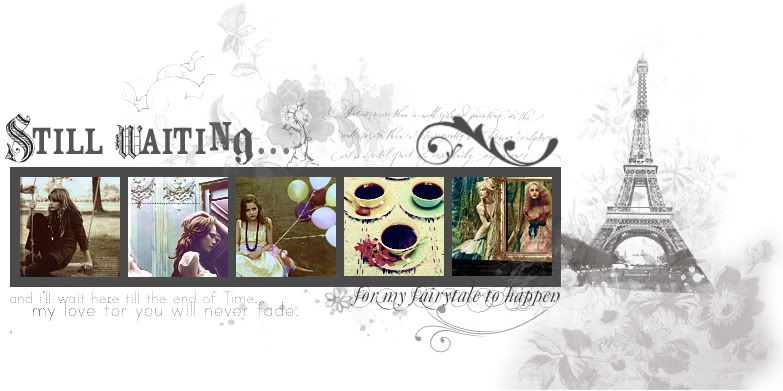WELCOME!(:
www.projectunleash.blogspot.com
Please observe the following rules:
1.No spamming of comments or the tagboard is allowed.
2.Post your comments on the articles in the comments section below the post.
Anybody found to be violating any of the above rules will be removed from the blog or banned from posting.
and by the way,
based on what you post on this blog, you will be graded :)
Project Unleash,
UNlimited
Literature,
Express
And
SHare.
Friday, May 9, 2008
War {6:03 AM}
This is the poem my group and I came up with during the English lessons.
The War
The war rages on
Sowing destruction and mayhem
Death and pandemonium
Burning, without mercy,
The suffering people
The war rages on
Its seeds leech the fertile earth
Of people’s hatred
And then, at one sudden hour,
It blooms, resplendent in its terrible beauty
The war rages on
Everyone is dragged into its swirling maelstrom
The devils heartlessly beat their drums
Summoning children
To die in their battlefields
The war rages on
When can it end?
When will we have peace on earth?
How many deaths must it take
To appease that gods of destruction?
The war rages on
The tears and spilt blood irrigate the earth
The stench of death dominates the air
Continuous and everlasting
Over a land forever dead
'The War' Poem Analysis:
Emphasis is put on each stanza the recurring the message of ‘war’, which lets the audience experience an inveterate sense of ominous chaos at the start of every stanza. The word ‘sowing’ used in the second line is a wordplay on the phrase ‘sowing crops’, but, instead of crops, in this case, war sows ‘destruction’ and ‘mayhem’ and waits for these seeds to grow. War ‘burns’ not only the people ‘mercilessly’ and also resources, to give an impression that war is waste.
The second stanza described war as ‘leeching’. War leeches on the people’s ‘hatred’, which is a ‘fertile earth’. This is to show how politicians manipulate the people’s emotions to their own ends. The ‘crops’ sown by the war ‘blooms’ in one sudden hour – everything, even war, has its own unique style of exquisiteness, but the beauty of war is terrible
‘Devils summoning’ is a description of evil politicians conscripting ‘children’, a symbol of innocence, to die in ‘their’ battlefield. The word ‘their’ puts emphasis on how the war is not of ordinary people’s choosing, but rather, is the result of a selfish group of individuals. ‘Devils summoning’ is yet another wordplay; normally, it is magicians that summon devils to work for them. Now the devils are summoning the people as a payback.
The phrase ‘How many deaths must it take' is actually a quote from the song ‘The answer is blowing in the wind’. The gods of destruction refers to those who perpetrated the war and profits from it – politicians, warmongers and arms sellers come to mind.
In the last stanza, ‘tears and ‘blood’, the fruits of tragedy, ‘irrigates the earth’. One final ironic wordplay: in lakeside areas, irrigation is a long-waited for period which brings fertility for the crops. Strong words like ‘dominate’, ‘continuous’ and ‘everlasting’ is used to show the dire, serious and most of all instill upon the reader a permanent sense of the consequences of war. ‘A land forever dead’ both represents the literal land (wars calls for much scorch-earth tactics) and also the lives and hopes of the people living there that were shattered by war.
Group Members
Lionel Goh
Ng Jie Hui
Roy Soon
Song Gil Seob
Wang YiHua
Labels: poetry
